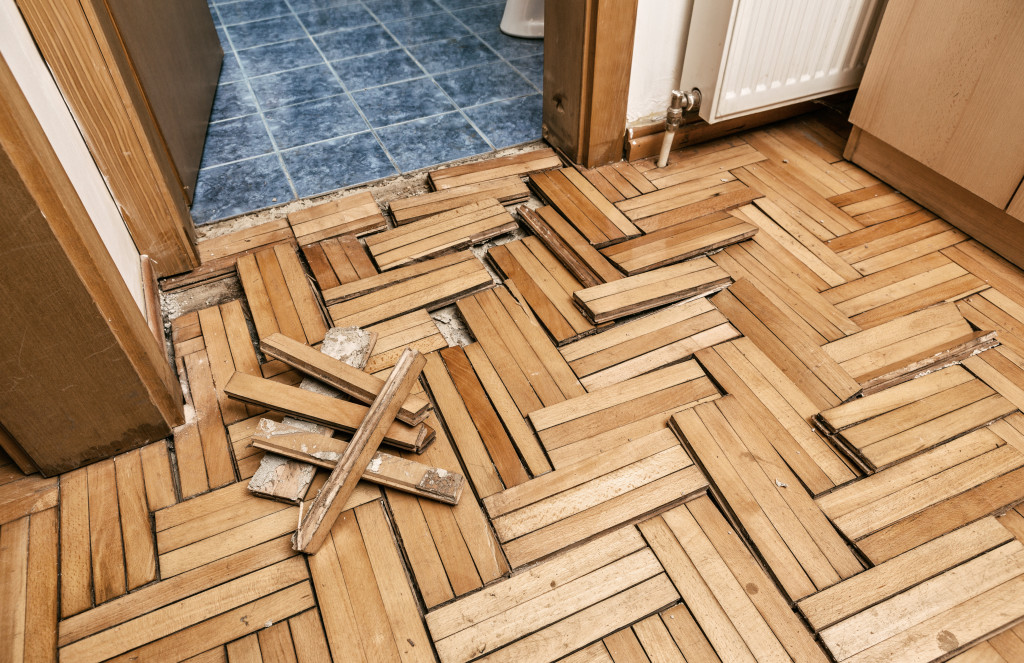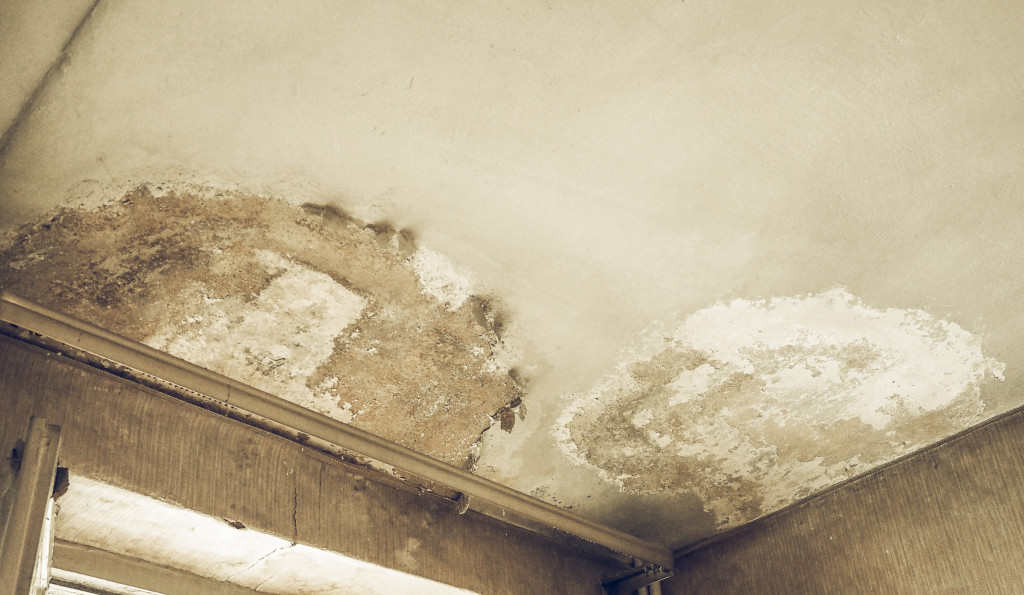It’s not just your skin that suffers in high humidity. High levels of humidity can cause wood to swell and doors and windows to stick, while low levels of humidity can cause wood to shrink, crack and split. Humidity also causes rust, which can damage tools in your workshop or even larger mechanisms like your gate and garage door. In addition, humidity can also promote the growth of mold and mildew, which can cause health problems.
Humidity is one more thing you need to keep an eye on if you want a home that looks great year-round.

What humidity is and what it does to your home:
Humidity is a measure of the water vapor in the air. In general, humidity refers to the amount of water vapor in the air, while relative humidity takes into account the temperature of the air.
There are a number of factors that contribute to humidity in your home. The most obvious one is the weather. Hot, humid weather will cause your home to be more humid, while cold, dry weather will cause it to be less humid. But there are also other factors that contribute to humidity levels in your home.
The amount of moisture in the air can be affected by the way your home is built. If your home has a lot of windows or if it’s made from materials like wood that absorb moisture, then it will be more humid than a home that’s made from materials like concrete that don’t absorb moisture.
The use of air conditioning and heating can also affect humidity levels. Heating systems dry out the air, and dehumidifiers remove moisture from the air, making your home drier. Air conditioning units moisten the air, and humidifiers add moisture to the air, making it more humid. Because of these changes in humidity levels caused by heating and cooling systems, most people find that winter is drier than summer.
The effects of high and low humidity levels:
Wood swelling:
High levels of humidity can cause wood to swell. This is because the water vapor in the air causes the wood to absorb more moisture. When the wood absorbs too much moisture, it swells and becomes soft. The swelling of the wood can cause doors and windows to stick, and it can also cause wood to split and crack.
If you have windows or doors with high humidity levels have damaged, you can repair them by removing the door or window from its frame and letting it dry out. There are also a number of products on the market that you can use to repair damaged wood.
Cracked wood:
Low levels of humidity can also cause wood to crack. This is because the lack of water vapor in the air causes the wood to lose moisture. When the wood loses too much moisture, it shrinks and becomes brittle. The shrinkage of the wood can then cause it to crack and split.
Mold and mildew:
When the humidity in your home is high, the conditions are perfect for mold and mildew to grow. Mold is a fungus that grows in moist environments, and it can cause a number of health problems. Mildew is a type of mold that grows on fabrics and can also cause health problems.
If you have mold or mildew in your home, you should remove it as soon as possible. Mold and mildew can be removed with a bleach solution or with a commercial mold removal product. You should also take steps to prevent mold and mildew from growing in your home.
Rust:
Humidity can also cause rust. Rust is a type of corrosion that occurs when metal is exposed to moisture. The water vapor in the air causes the metal to oxidize, which then causes it to rust.
Rust can damage tools in your workshop and damage larger mechanisms like your gate and garage door. In addition, rust can also cause health problems.
If you have rust in your home, you should remove it as soon as possible. Rust can be removed with a chemical rust remover or with a wire brush. You should also take steps to prevent rust from forming in your home. If the damage is extensive, it may be best to replace the entire piece as it could be more cost-efficient. For instance, it would be better to install a new garage door than to try and repair a large part of it that’s damaged by rust.
Conclusion:
Humidity can cause a number of problems in your home. The main problems that humidity causes are wood swelling, cracked wood, and rust. In addition, humidity can also promote the growth of mold and mildew, which can also cause health problems.

